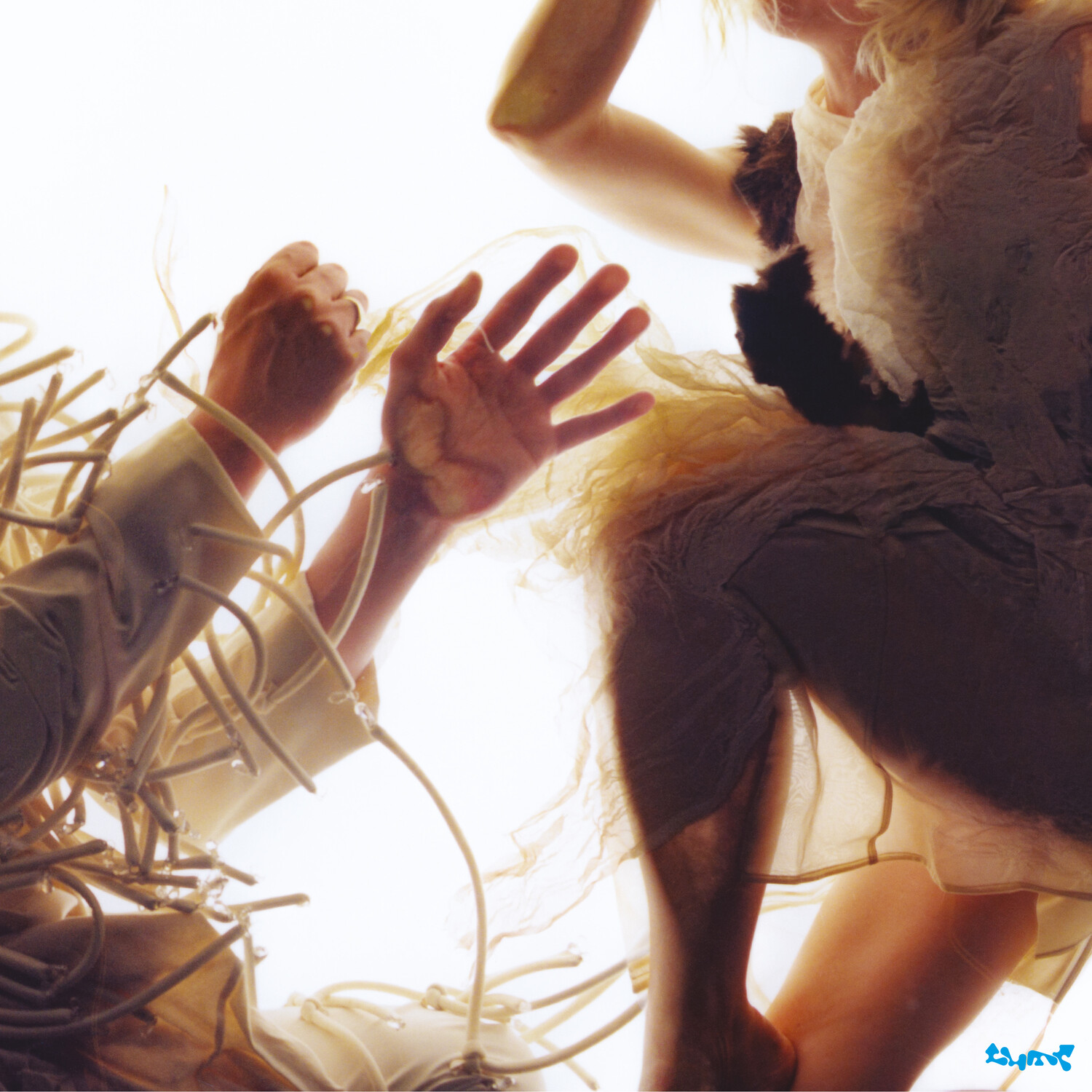There’s this moment in “Gamma Ray”, the excellent second track off of LUMP’s excellent second record, where Laura Marling’s voice is robotized and pitched down an octave, saying “excuse me, but I don’t think we’ve been introduced.” The bass and drums groove on for another 50 seconds as Marling wails, the production tearing her voice into thousands of computerized notes. It comes out of nowhere, leading the song down a left turn with seeming no relation to anything else preceding it. The whole thing is great. It’s the kind of thing Kate Bush would do on her early records, conjuring a world through her wackiest impulses. On Animal, the duo made up of Marling and Mike Lindsay carry this weirdo torch towards a robust synthesis of both acoustic and digital genres, splicing baroque pop onto alternative dance onto indie folk.
The first LUMP record was a delightful little oddity; an insular mix of folk and electronics that often felt like a roadside curio next to Marling’s singer/songwriter work under her own name. But Animal is a beast worthy of its own spotlight and attentions. The genre-crossing is much less surface level, as the duo creates grander and grander platforms for Marling’s commanding voice. The whole thing is far more theatrical, full of slow building ballads and cresting climaxes. Lindsay’s production is as much the star, as he lends extremely detailed electronic elements throughout each arrangement. Often, these lead us through seamless transitions between tracks, like the skittering synth that bridges between “Climb Every Wall” and “Red Snakes”.
Marling’s tales of power and desire are both abstract and personal. “I remember paradise, up where the angels fly, life at the crest / And we will be there again, somewhere towards the end, no regrets,” she sings on “Paradise”. The rhythm and assonance here sounds great to the ears, but what exactly she means when she repeatedly sings “you can’t go home” is unclear. The oblique works best here when it’s specific, like in “Bloom At Night”, when Marling’s final verse says “You crawled across a crowded room to get your picture with the bloom / You plucked it and called it by your name / I’ve seen good men go insane before they’d call a rose by any other name.” It’s a slippery image, perfectly clear in what it literally describes but impossible to grab onto any interpretations of what’s occurring.
But even when Marling can get a little too heady, Lindsay makes up for it with something incredibly tangible, like the visceral guitar solo that ends “Paradise”. He’s a magician with texture, which he shows off on instrumental track “Hair On The Pillow”, where he combines sharp harpsichord notes with gurgling metallic noises and a mysteriously monotone woodwind.
Animal ends with “Phantom Limb”, an airy number full of flutes and knotty lines like “Tote bag saying ‘Viva Prostitution’ / described once as ‘barely Lilliputian.’” The singing ends with two minutes to go, and then Marling recites the credits over a plucked guitar riff. It’s another moment on the record that self-consciously recalls Bush, although she would never sound this detached. It’s a final off-kilter moment to punctuate a record filled with them.

